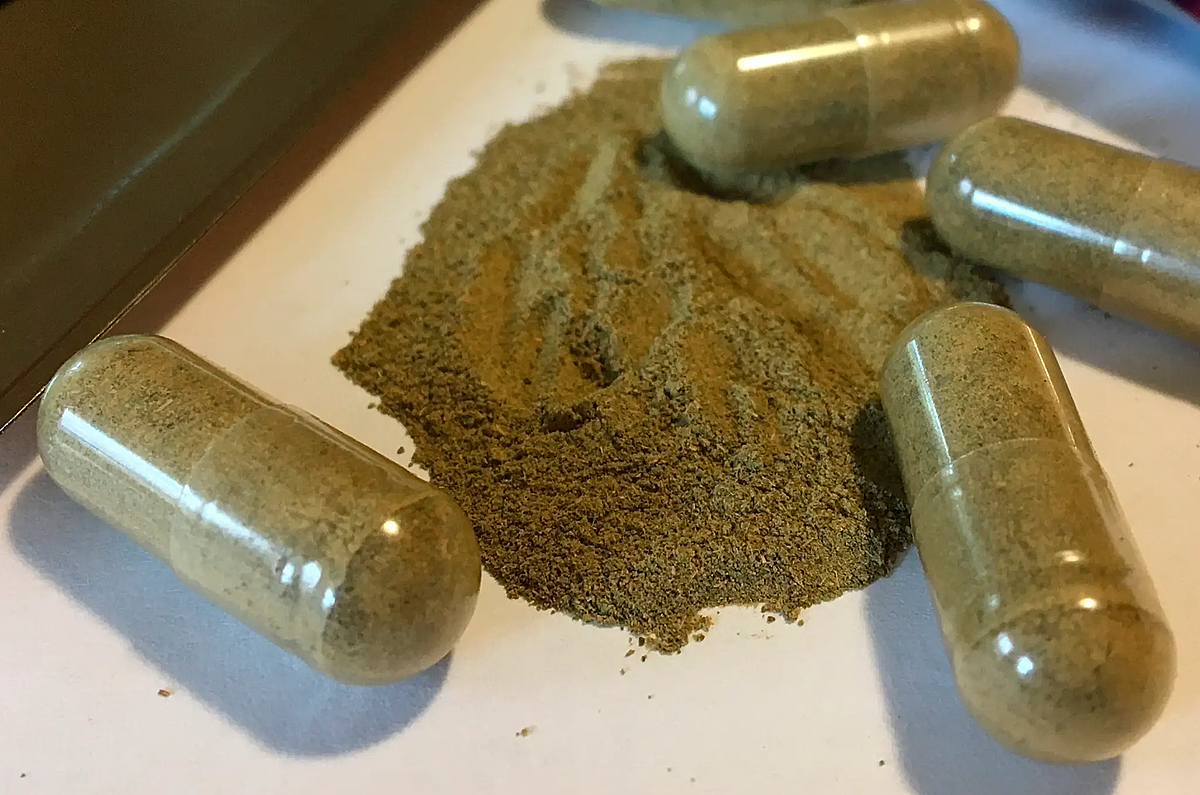37-year-old Jordan McKibban lived a peaceful life, preparing meals with smoked salmon and homegrown peppers, and sharing his marriage plans with his mother. One fateful day, he returned home from his job at an organic food distribution company, mixed a spoonful of kratom powder with lemonade, and died.
"My son loved life and the outdoors. He wouldn't even take ibuprofen for arthritis in his hand because he was so health-conscious," his mother, Pam Mauldin, said on 10/8. However, the autopsy report from 4/2022 attributed his death to mitragynine, a compound found in kratom.
Derived from a Southeast Asian tree, kratom acts as a stimulant in low doses and a sedative in high doses. Experts warn it has opioid-like effects, is addictive, and can lead to withdrawal symptoms and overdose. Despite the U.S. Food and Drug Administration (FDA) deeming it illegal to market kratom as a drug or dietary supplement, it remains widely available online, in stores, and even at gas stations in powder, gummy, and energy drink forms.
Dr. Michael Greco, an emergency physician in Florida, describes kratom's symptoms as ranging from severe agitation, psychosis, sweating, dizziness, high blood pressure, and rapid heart rate to drowsiness and loss of consciousness. From 2011 to 2017, U.S. poison control centers received over 1,800 kratom-related calls, a number that continues to rise.
Mauldin insists her son believed kratom couldn't be overdosed on and that he would vomit if he took too much. The product packaging he left behind contained no instructions or warnings. She is now pursuing a lawsuit, arguing that kratom has caused far more deaths than other "natural" products but hasn't been recalled.
In addition to mitragynine, an extremely potent and addictive derivative, 7-hydroxymitragynine (7-OH), has emerged on the market. The FDA recently recommended classifying 7-OH as a controlled substance, warning it "may be more potent than morphine".
 |
Kratom is ground into powder and packaged into capsules. Photo: AP |
Kratom is ground into powder and packaged into capsules. Photo: AP
A similar case occurred with 27-year-old Johnny Loring in Ohio. He used kratom to alleviate anxiety, finding it improved his alertness and communication. He suffered a seizure, though the cause wasn't linked to kratom. Weeks later, Loring died during a mushroom hunting trip. Toxicology reports revealed potentially lethal levels of mitragynine combined with the pain medication gabapentin.
Loring's mother, Jennifer Young, found about 20 packages of kratom in his room. She describes the substance's addictive nature as "overwhelming and sickening." After his death, she fell into depression, and another child was hospitalized for a panic attack.
"Our house is so quiet now. The hole Johnny left is so big," Young shared.
Dr. Robert Levy of the University of Minnesota warns parents to emphasize to their children that "all-natural" or "plant-based" doesn't equate to safe. "Arsenic is also plant-based," he points out.
The stories of McKibban and Loring serve as warnings about the deadly risks of products labeled "all-natural" but harboring narcotic-like effects. Experts are calling for increased regulation, product ingredient monitoring, and public awareness campaigns to inform consumers about the risks before use.
Thuc Linh (According to NY Post)












